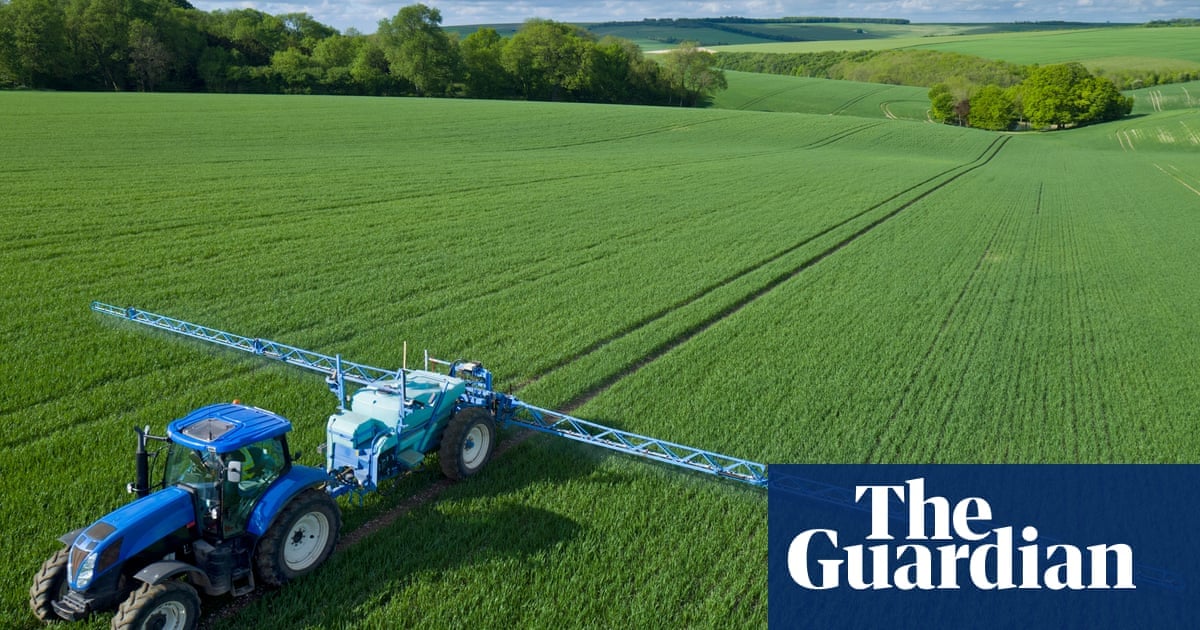Changes to regulations in Great Britain mean more than 100 items are now allowed to carry more pesticides when sold to the public, ranging from potatoes to onions, grapes to avocados, and coffee to rice.
For tea, the maximum residue level (MRL) was increased by 4,000 times for both the insecticide chlorantraniliprole and the fungicide boscalid. For the controversial weedkiller glyphosate, classed as a “probable human carcinogen” by the World Health Organization (WHO), the MRL for beans was raised by 7.5 times.
The purpose of the pesticide MRL regime is to protect public health, wildlife and the natural environment. Campaigners said the list of pesticides included reproductive toxins and carcinogens and that the weaker MRLs reduced protections for consumers in Great Britain. Northern Ireland has retained the EU MRLs.



Yes. Which is why it’s very misleading to say that glyphosate is “classed as a ‘probable human carcinogen’” without any context.
Most people will assume that means it’s more dangerous than it is.
Like - if you phrased it as “glyphosate is about as carcinogenic as a steak” then it rather loses its punch as a propaganda statement.
“Probable carcinogen” doesn’t mean “same risk as any other probable carcinogen”.
Again - my point being made. Why even mention it if not to poison the well?